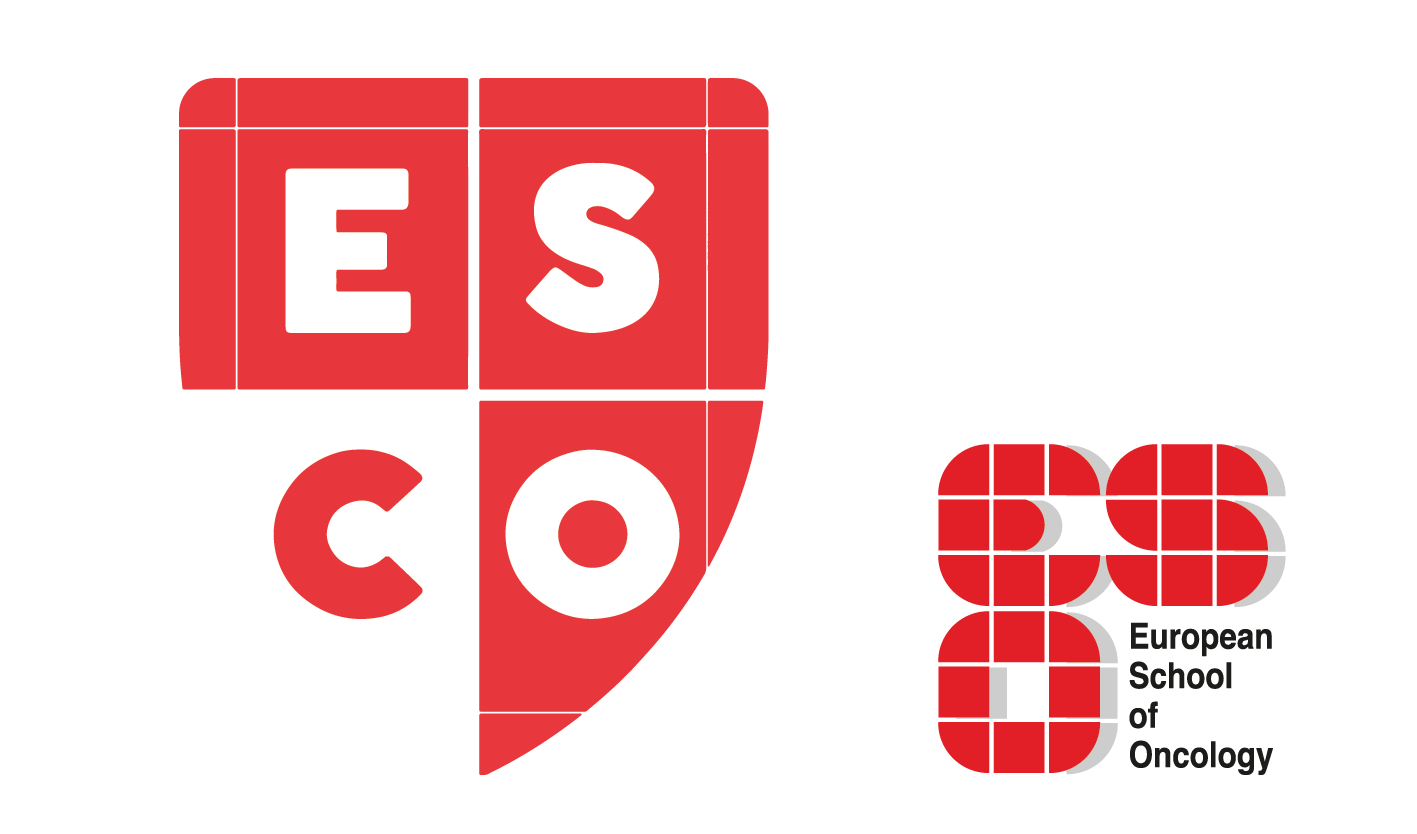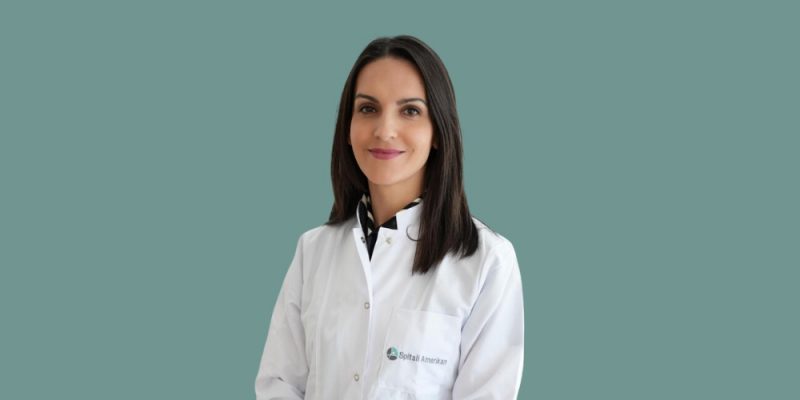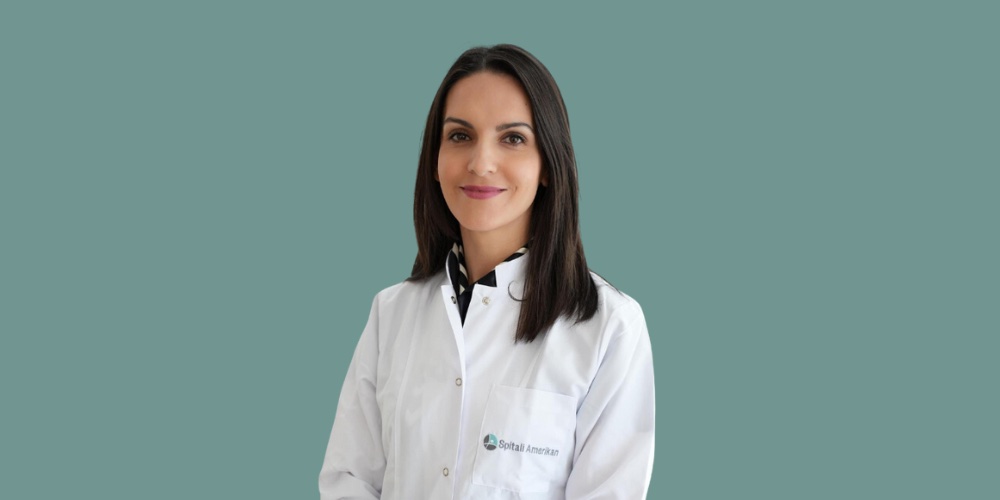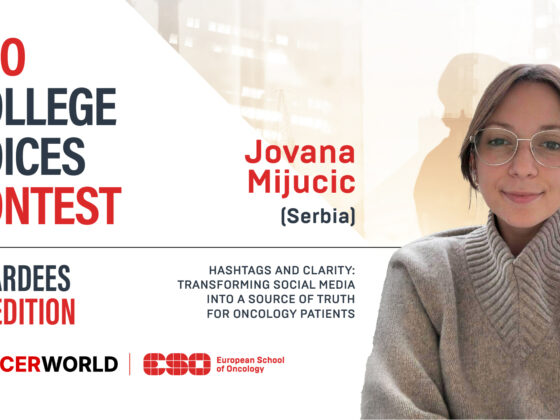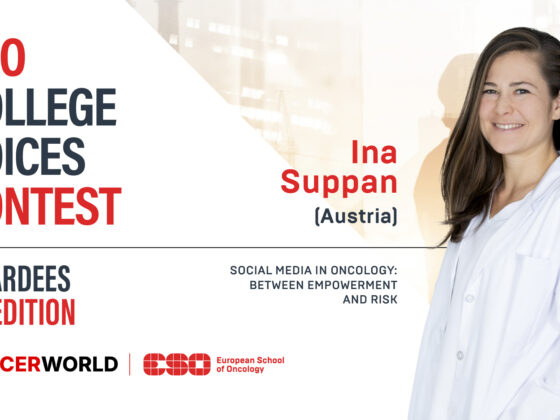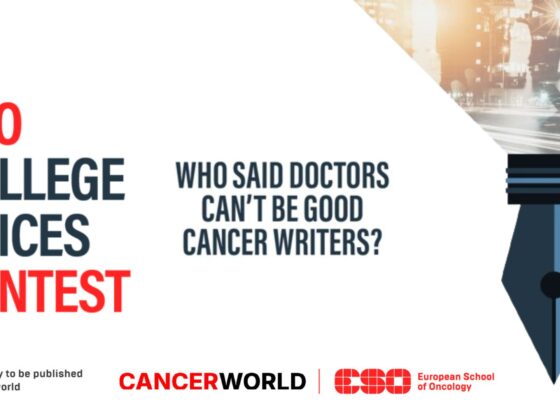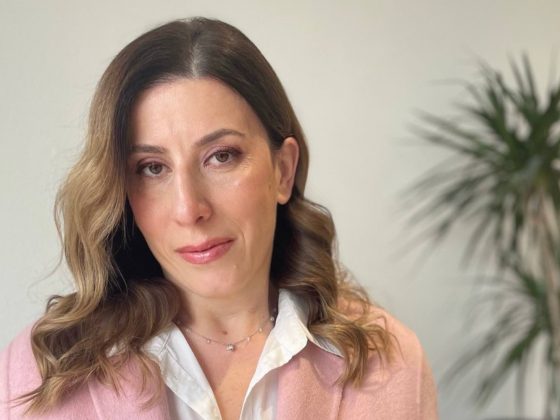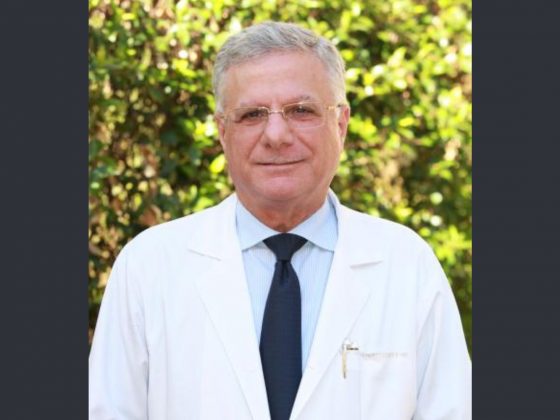Dear World,
Everyone can get cancer – yet, access to the right treatment remains a privilege that is still denied to far too many. In this disparity, the disease reveals a deeper truth: cancer care is not just about medicine, it’s about access, affordability, and systemic inequalities that are heavily influenced by political and policy choices.
For a long time, I tried to keep my professional work separate from politics, fearing it might compromise my objectivity. As physicians, we are trained to focus on the patient in front of us, to heal what can be healed, and to ease the suffering we cannot cure. But witnessing the daily struggles of patients and the hurdles doctors face when they try to deliver care has made something very clear: healthcare and politics are deeply connected. For doctors, the cancellation of an insurance benefit, delayed access to treatment, or the unaffordability of cancer care are not abstract policy issues. They are the faces we see in clinics each day. They are the families who sit anxiously in waiting rooms, hoping for a solution that may be out of their reach. These are not theoretical problems. They are the daily struggles of the people we treat.
The concept that medicine and politics are deeply intertwined is not new. It has long been understood that healthcare is, in fact, a reflection of societal values. Who gets care and who doesn’t? Who deserves access to cutting-edge treatments, and who is left behind? Why do some lives seem to matter more than others? The answer lies in how societies distribute resources. It’s not just biology that shapes health outcomes, but the decisions made in boardrooms and government offices.
As oncologists, we witness the consequences of these decisions every day. We see patients who come to us too late because they didn’t have access to early screenings. We see families struggling to afford essential treatments and patients navigating a system that often seems indifferent to their needs. This is why our role must extend beyond individual care. When politics and policy so clearly affect our patients’ lives, staying silent is not an option.
This understanding became even clearer to me in 2018, when an unexpected event showed just how important physician advocacy can be. After a series of mass shootings in the U.S., the National Rifle Association sent out a tweet telling “self-important anti-gun doctors” to “stay in their lane”. The response was swift and passionate. Dr. Judy Melinek, a pathologist, fired back with a statement that resonated across the medical community: “This isn’t just my lane, this is my highway.” The “This Is Our Lane” movement was born—a clear message from doctors that their duty is not just to treat symptoms but to speak up about the systems that cause them. This underscored the vital role doctors play in advocacy, even in politically charged arenas.
This determination was also seen earlier in the efforts of Dr. Mona Hanna-Attisha in Flint, Michigan. When she exposed the lead contamination in the city’s water supply, she faced fierce resistance. Officials dismissed her findings as alarmist and exaggerated, yet she persisted. For Dr. Hanna-Attisha, the responsibility of a physician was not limited to diagnosing lead poisoning, it was to confront the systemic failures that put her patients at risk. Her courage highlighted the fundamental role that doctors can play in holding systems accountable when the health of their patients is compromised by political decisions.
Cancer care is no different. If anything, it is even more urgent. The moment a patient walks through the door, we see firsthand the barriers faced in accessing care. The gap between what is medically possible and what is accessible often hinges on policy decisions made far from the clinic. When research funding is cut, progress stalls. Promising treatments may remain out of reach, and the chance to save more lives is lost. Political choices also influence how quickly new therapies make their way to patients. Bureaucratic delays, lack of support for clinical trials, and uneven approval processes mean that patients in some regions may have access to life-saving treatments, while others do not. These disparities are not only persistent, they are expected to intensify. Over the next 50 years, the global cancer burden is predicted to increase by 400% in low-income countries, 168% in middle-income countries, and 50% in high-income countries. This stark projection highlights a deepening divide that demands urgent action. Cancer prevention and early detection depend heavily on political priorities. Well-funded health campaigns, vaccination programs, and accessible screenings can save countless lives, but too often, these measures are underfunded, especially in low-resource settings.
As oncologists, we are uniquely positioned to understand the complexities of cancer care, from prevention to treatment to survivorship. Our expertise is crucial in shaping healthcare policies that ensure equitable access to care. We have a responsibility to use this expertise not only to treat our patients but also to advocate for systems that support them. Wouldn’t my patients want me to fight for them not only in the consultation room? Wouldn’t my expertise be even more beneficial outside that room, serving the entire community? I believe it would. Our role as physicians extends beyond the clinic. We must use our knowledge and our voice to push for policies that ensure everyone has access to the care they need, regardless of their socioeconomic status, location, or background.
It’s easy to feel overwhelmed by the political process, to think that, as doctors, we should leave advocacy to politicians and policymakers. But the reality is that our voices carry weight. We see the real-world impact of political decisions in ways that few others do. When we speak out—whether it’s about the need for affordable cancer care, better access to screenings, or increased funding for research—we bring an essential perspective to the table.
Paul Farmer, a strong advocate for equity in healthcare, famously asked, “If access to health care is considered a human right, who is considered human enough to have that right?” Farmer’s legacy forces us to ask uncomfortable questions: Why do we accept lower standards for others? Why do we assume that certain populations are less deserving of the best medical care? Cancer care — whether it is prevention, treatment, or survivorship — should not depend on where you live or how much money you have. And yet, we know it does. By speaking up, we can help create a world where everyone, no matter their circumstances, has access to the care they need to fight cancer. We must refuse to accept any thing less than the best that medicine can offer – for everyone. This is our lane, and it’s time we own it.
Sincerely,
A concerned oncologist
*Kleida Mati, American Hospital, Tirana, Albania. Article selected as part of the ESCO Voices Contest, in collaboration with Cancerworld.

